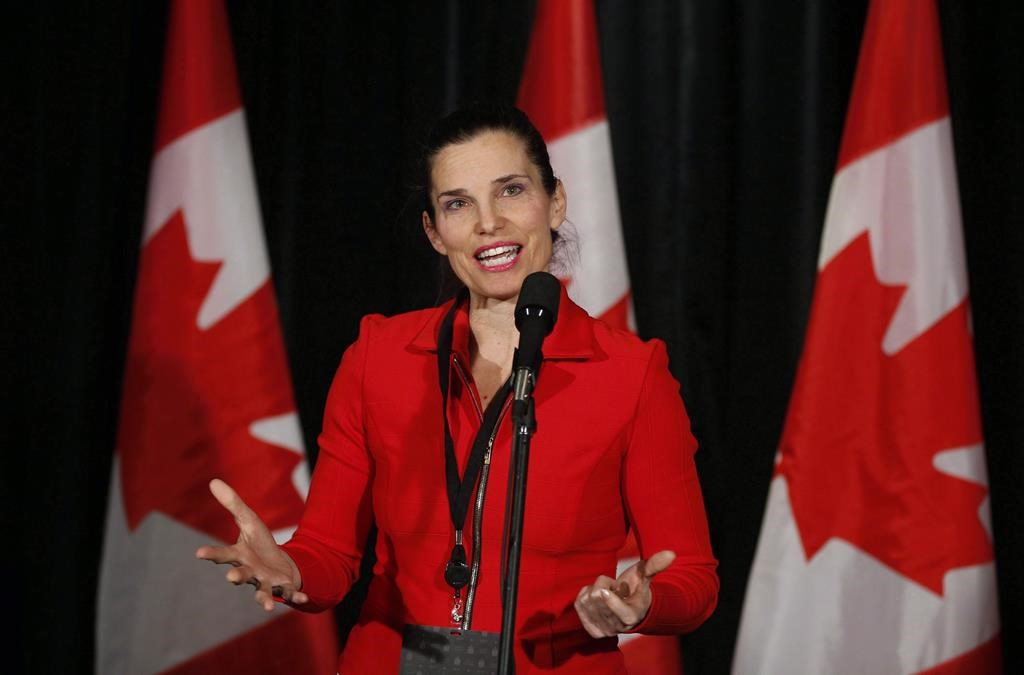Support strong Canadian climate journalism for 2025
Six months after Science Minister Kirsty Duncan threatened universities with cuts to their research funding over a "dismal" gender balance among scientists nominated for lucrative research posts, she says they have heard her message and have started to respond.
More than half the scientists submitted by universities for consideration for one of the Canada 150 chair jobs are now women, Duncan said.
As well, 41 per cent of the people nominated for the latest round of Canada Research Chair appointments were female, the highest proportion ever in the 17 years the program has existed.
"I think the message is getting through," Duncan said.
"Broad perspectives breed great science. If you come with a different perspective you may ask a different question, you may use different methodology and you may get better results. I think this is really good news for Canadian science."
She noted these are preliminary numbers based on nominations and they still are going through the peer review process. However, in the past the success rates of researchers receiving the appointment after being nominated were similar for men and women. The problem lay in that not enough women were being nominated in the first place.
In April Duncan was appalled when the spring round of Canada Research Chair nominees included twice as many men as women.
Shortly after, she warned schools they had until the end of 2019 to meet decade-old diversity targets. If they didn't, schools would not get funding for future chairs until they could show the targeted balance not just for women but also researchers with disabilities, visible minorities and those with Indigenous backgrounds.
The extended deadline is largely because the chair positions last for up to seven years each and turnover can be slow.
To speed that along, Duncan also announced this week she is limiting tier one Canada Research Chair jobs to just one renewal. Tier one jobs are aimed at more experienced researchers, offer up to $200,000 a year for up to seven years, and can currently be renewed for an unlimited number of terms.
Tier two jobs, which target emerging scientists with up to $100,000 a year for up to five years, can only be renewed once and there has been quicker improvements in diversity among those positions than among tier one jobs.
As of October, women held 21 per cent of tier one positions, and 39 per cent of tier two positions.
Pari Johnston, vice president of policy and public affairs at Universities Canada, said she was pleased with the latest statistics as well.
"The minister's goal of advancing equity and diversity in science, and ensuring talented women researchers have greater opportunities to be research leaders in Canada, is shared by Universities Canada's 96 university members," Johnston said in a statement.
Last month Universities Canada presidents voted to adopt seven principles of diversity, including a pledge to better track data on diversity among both students and employees at their schools, as well as aiming to make their schools more accessible.
The Canada 150 Research Chairs program was created this year to appoint between 15 and 35 internationally-based researchers.
The Canada Research Chairs program was implemented in 2000 to create up to 2,000 research positions at universities across the country to push for excellence in engineering, natural sciences, health sciences, humanities and social sciences.





Comments